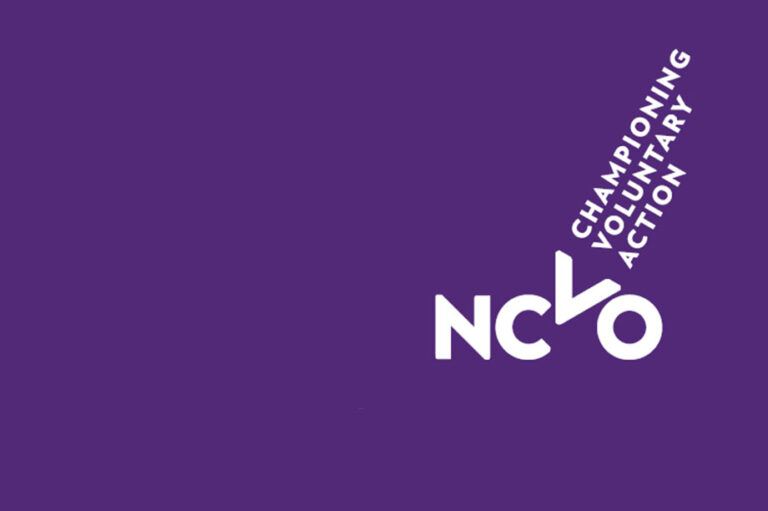NCVO to use ‘global majority’ rather than ‘BAME’ & ‘ethnic minorities’

The National Council of Voluntary Organisations (NCVO) has announced that it will now use the term ‘global majority’ rather than ‘BAME’ or ‘ethnic minorities’.
The term is a shortened version of ‘people of the global majority’ and has already been adopted elsewhere, including by the UK government, as the terms ‘BAME’ and ‘ethnic minority’ become increasingly seen as problematic and outdated.
NCVO has announced the news at the start of this week’s National Inclusion Week. It will use it to refer to all ethnic groups except white British and other white groups, including white minorities, in place of the other terms, as well instead of BIPOC (Black, Indigenous, and People of Colour).
Advertisement
This includes on its external website and guidance, in its internal communications, its people, culture and inclusion work, and across its consultancy, research reports and policy engagement. It has also made a video explaining the move.
In an announcement on its site, CEO Sarah Vibert said that language mattered for inclusion and that NCVO recognised the harm that can be caused and perpetuated by it, especially when it comes to ethnicity and race. Taking this step, she said, supports NCVO’s work to become an anti-racist organisation and enables it to be more reflective of the diversity of its members.
She added:
“We know from talking to stakeholders that the term global majority isn’t perfect. But we do believe it’s progress.
“Global majority as a term better reflects reality. People in this part of the population make up 85% of the world’s population.
“Moving from classing people as a minority to a majority is an important step in reframing conversations from disadvantage to advantage and challenging existing dominant white-centric narratives.”





